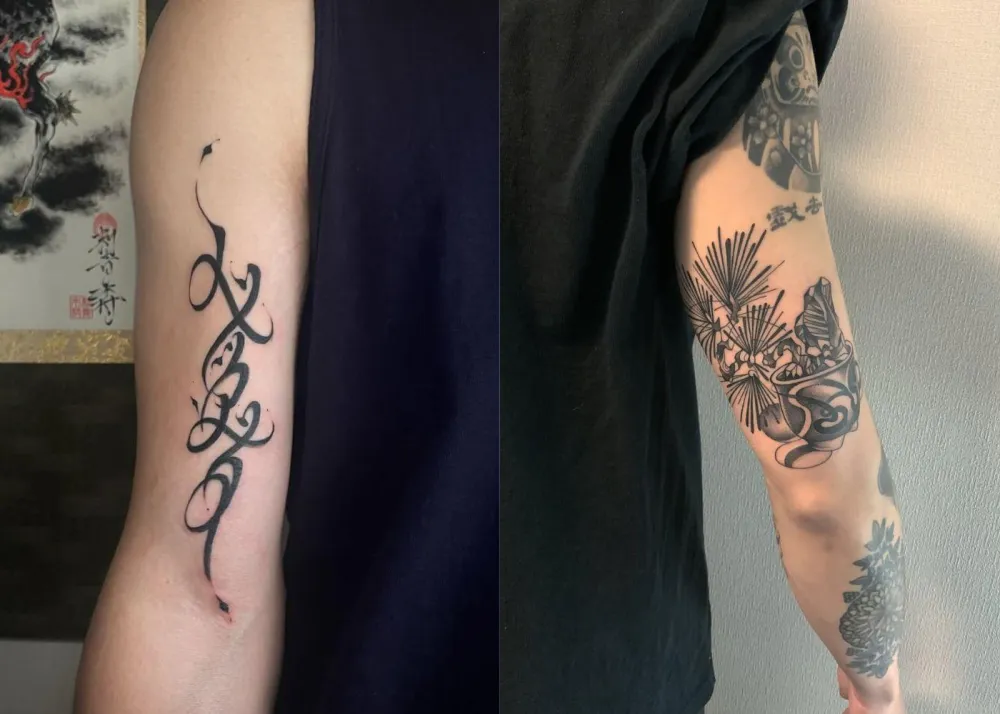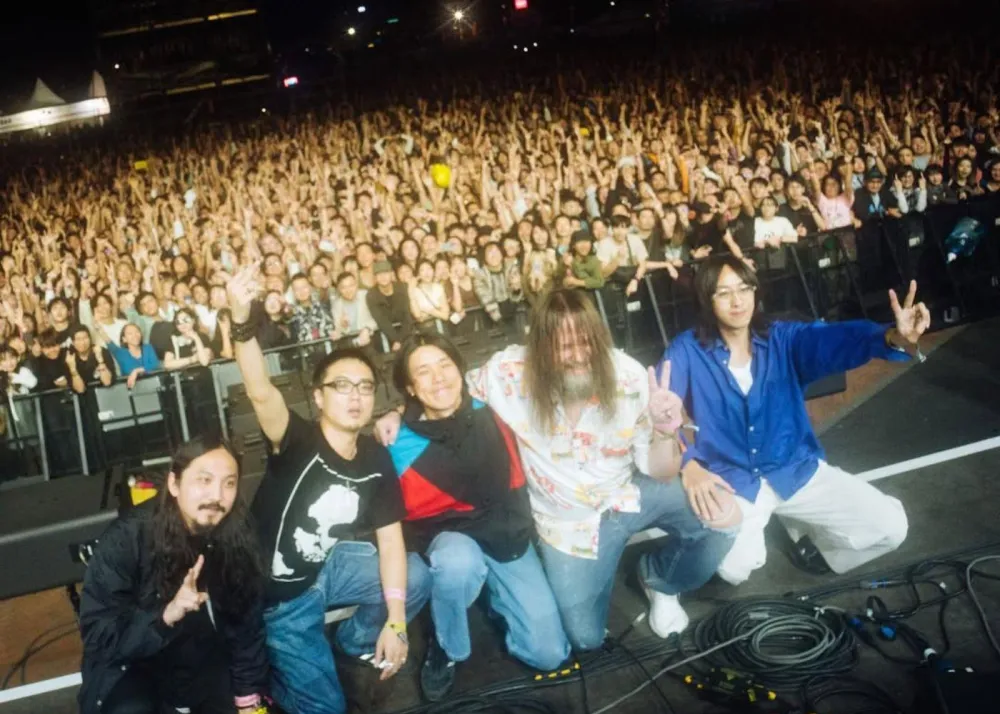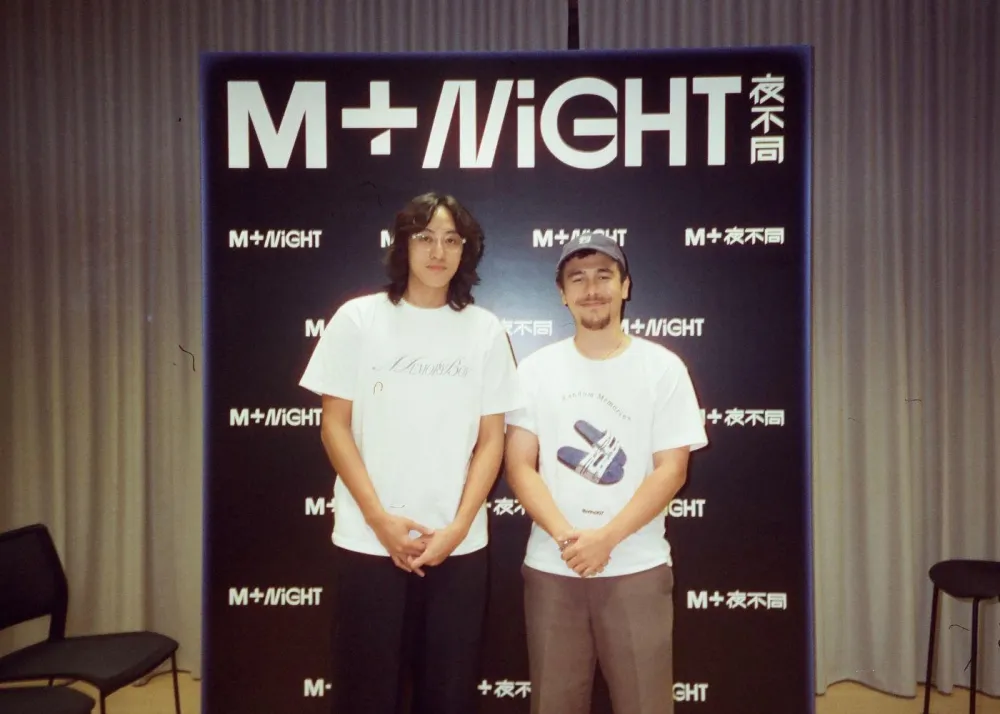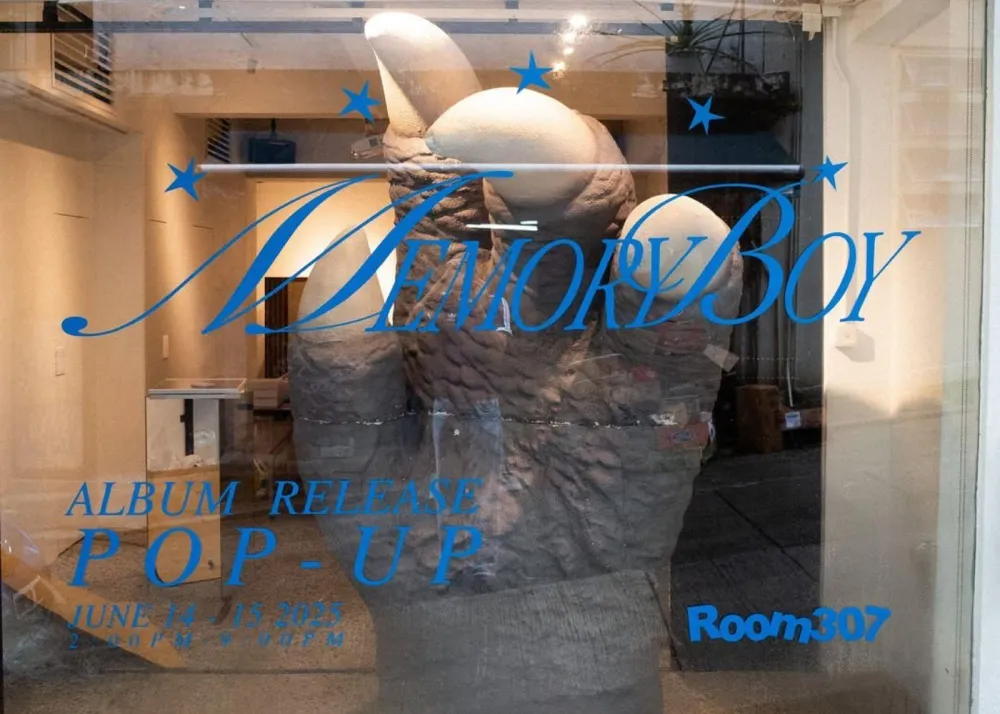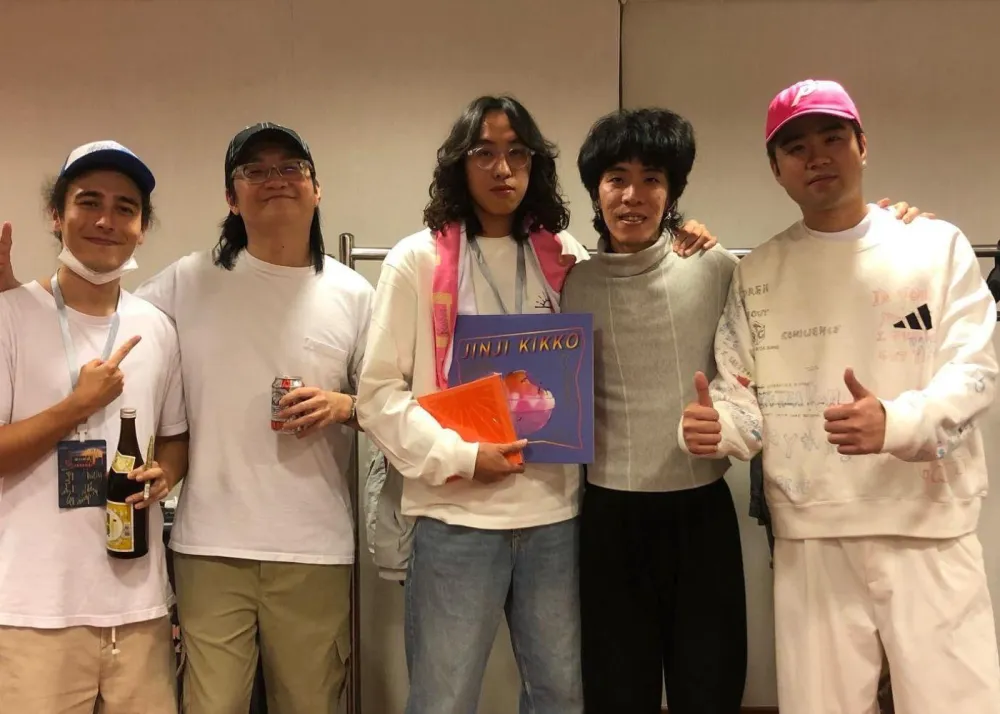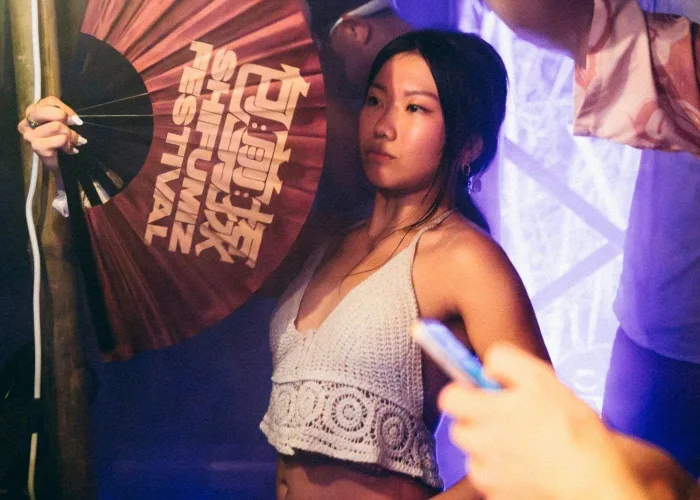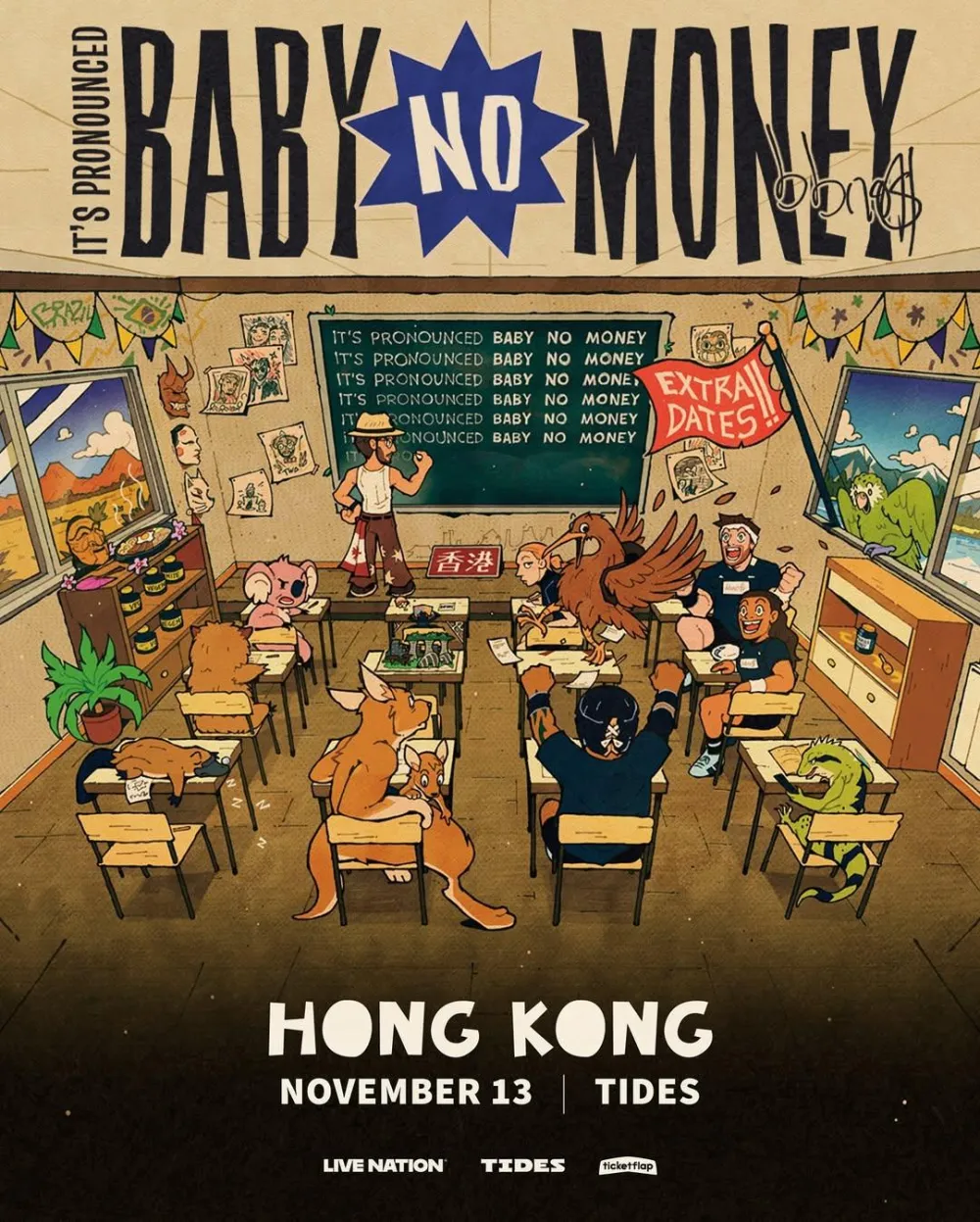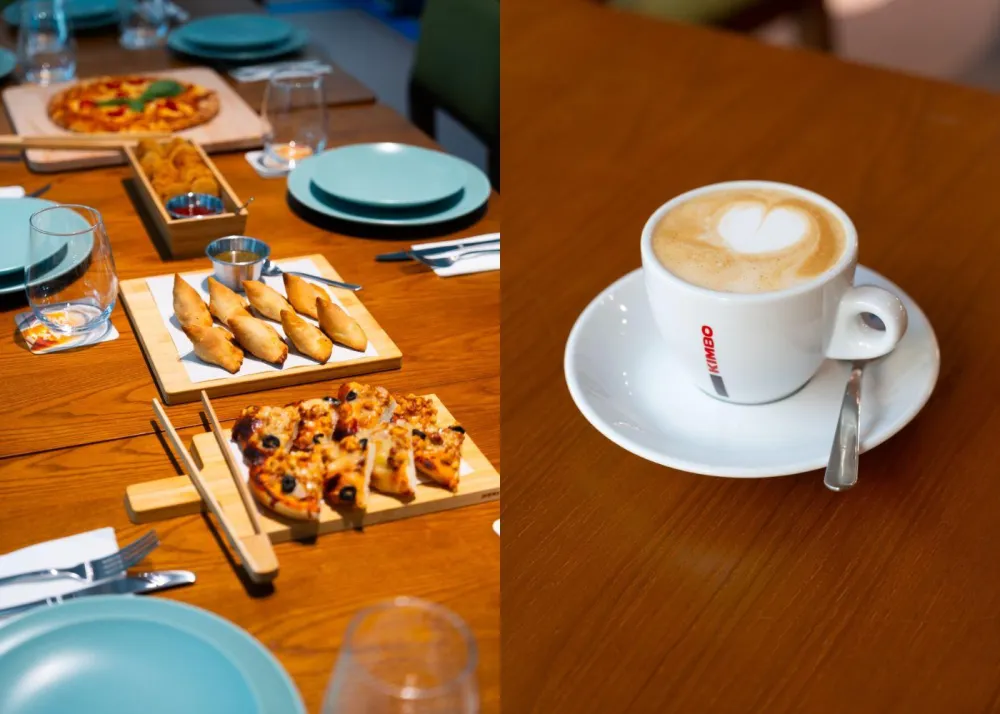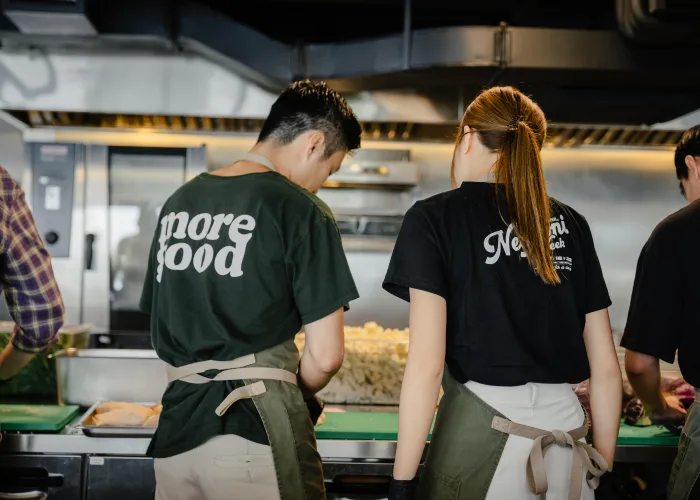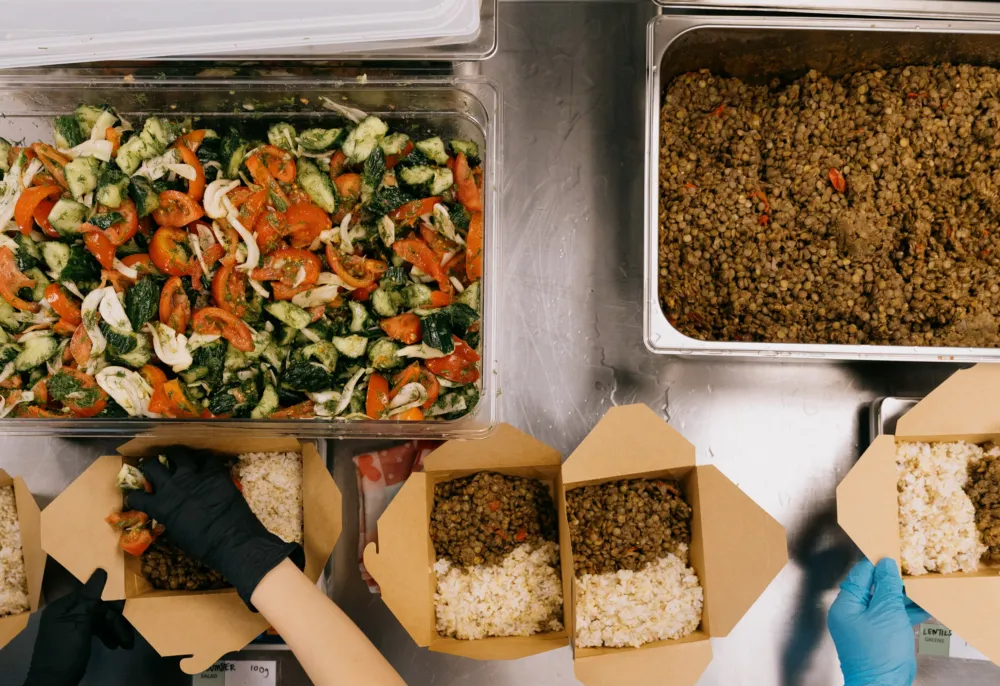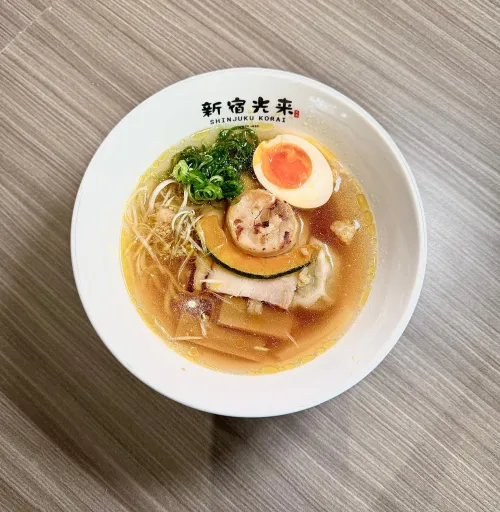The Millennial Behind Subtle Cantonese Traits - Facebook's Largest Cantonese Hangout

Sandy Lok was only five years old when she and her family immigrated from the southern Chinese city of Jiangmen to Los Angeles for a new life.
Born in Shenzhen, China and having lived in Hong Kong for several years in the New Territories, Sandy’s childhood growing up in the Cantonese enclave of San Gabriel Valley was largely a quintessentially Hong Kong one: drinking boba at local cafes, watching TVB dramas, and the daily practice of Cantonese at the dinner table with her parents.
After her studies at the University of California, Los Angeles, emigration to the far lands of the Midwest to Chicago, and entrance into the tech world in Silicon Valley, Sandy saw a need to create a community that would again allow her to connect with the clannish Cantonese population of her San Gabriel childhood.
In January 2019, Sandy created the Subtle Cantonese Traits Facebook group, an inspired off-shoot of the mammoth Subtle Asian Traits, to build a community of Cantonese people and speakers across the world to connect over shared Cantonese identity in memes, food, stories, debates, culture, and heritage.
Growing to over 110,000 members in the span of three years, Subtle Cantonese Traits (SCT) has become one of the largest online communities for the Cantonese diaspora, using the platform to access cultural resources and references, and engaging with other Cantonese-identifying individuals online.
The Beat Asia sat down with Sandy over Zoom to chat about creating SCT, her drive and passion behind the project, what being Cantonese means to her, and the future for her online Cantonese community.

Sandy’s childhood in San Gabriel Valley was markedly similar to her youth spent in south China and Hong Kong. Home to the largest population of Asian-Americans in the U.S., where more than 60% of the area’s residents are Chinese, Hong Konger, or Taiwanese, she was not a minority.
“I had always grown up in a protective bubble of Asian and Hispanic culture,” Sandy said., “I had never felt Othered.” From kindergarten to graduation from her high school, Sandy felt like she belonged. However, going to college was a culture shock.
Studying in Los Angeles, she saw herself become a minority, only 30 miles away from her Asian-majority childhood home. After graduation, Sandy left for Chicago for a job as a traveling management consultant working in the Midwest. “[At that time], I had no idea what it was like to be a Cantonese person and be detached from the culture, identity, language, and food.”
On business trips to Kentucky, North Carolina, and Georgia, she would meet and converse with Cantonese people, but far and few between. “The traveling in my job made me realize that the loneliness as a Cantonese person is very real and more common than I expected because of the size of the diaspora.”

Sandy had been an active member of Subtle Asian Traits (SAT) for several years prior, contributing to discussions on Asian identity and sharing resources about language learning. However, it was not exactly the community she felt comfortable in.
“I was looking for a space with a greater Cantonese identity. There was no equivalent Cantonese-focused online community, no group of people that were able to come together and share what being Cantonese meant to them – in a funny and sarcastic way.”
Looking for an online space with a greater focus and target on Cantonese culture, Sandy thought “if the community didn’t exist, then maybe I can create it.”
On Jan. 26, 2019, Subtle Cantonese Traits was born.

Sandy began SCT primarily as an online group for her extended family and friends to connect, share stories, photos, videos, and memes. With her cousins, aunts, and uncles living around Los Angeles and half her elderly family members dotted around Hong Kong and China, the group was a reference point to her close network to connect about their Cantonese culture.
Growth was slow in the beginning, Sandy telling The Beat Asia that it was “really difficult to get people engaged.” As compared to today’s SCT, the first iteration of the group was more discussion-based, sharing stories and holding debates about Cantonese identity, the strife of language learning, diaspora culture, CPOP music, TVB shows, and old movies.
Friends would add friends and family members would join in on the community. By mid-2019, the group only had several hundred members. Sandy would post a weekly “welcome post” to receive and introduce new members to the platform.
Over the first year of the group’s life, memes satirising and exploring the nuances of Cantonese identity, food culture, and old traditions started to dominate the community. “[Months after launching], we would see different waves of content with people getting creative connecting with their identity.”

SCT would also adapt to become a space for many second- and third-generation Hong Kong or southern Chinese immigrants, spouses, SOs, family members of Cantonese individuals, and those interested to learn Cantonese in a refreshing and interactive manner.
“A big part of learning the language is learning the culture,” Sandy said, referencing her experience of learning English as a second language. “We have people requesting to join the group mentioning that they are looking to learn the [Cantonese] language and culture because of someone close to them. This is really special to see.”
“I do think everything started with Subtle Asian Traits,” Sandy recognized. “It inspired a lot of similar communities to pop up. When I created Subtle Cantonese Traits, I never imagined it to become a group with 100,000+ people.”
“If anything, I thought I could maybe find 20 to 50 people who identify similarly in terms of being caught up in the Cantonese diaspora [and create a group with them].”
SCT saw meteoric growth in early 2020 during the beginning of the COVID-19 pandemic. When stay-at-home orders were instated, work-from-home became the norm, and people had more time on their hands, members flocked to SCT to be a part of a safe and loving community during a tumultuous period.
From March to May 2020, SCT grew by 10-fold from 10,000 to 105,000 members. “I looked down at my phone one day and it said I have 500 pending member requests and hundreds of pending posts. I had to spend hours approving [requests and posts].”

Balancing her full-time job at a tech company in Silicon Valley, keeping her family safe, and staying sane, solo- managing her group’s sudden rise in popularity took a major toll. “I was getting so burnt about [managing the group], but I thought ‘this is important and needs to keep going,’ but what I was doing was not sustainable.”
Sandy reached out to two very active members of the group and took them on board as admins and grew to a team of four volunteering to manage the group in June 2020.
The beginning of the summer in the U.S. and Hong Kong brought on a different challenge to SCT. The U.S. was battling with a deadly resurgence of COVID-19 infections, the Black Lives Matter movement shook America, and Hong Kong was amid the continued protest movement against the controversial Extradition Bill.
“Everyone came to the community wanting different things and that was a lot.” The group was used as a space for discussion of the summer’s three salient issues, but soon sprouted waves of misinformation, racism, and personal attacks.
“What we were doing was no longer sustainable. We were burnt out and miserable, so we decided to step back.” Sandy and her team of four made the decision to archive the group for two months and assess the new direction of SCT.
For the two months, Sandy grew her admin team of volunteers, took on moderators from the U.S., Canada, Australia, and Hong Kong, built out their posting and membership guidelines, and assessed the direction they wanted to head.
“At the top of my mind, I wanted to know where we want the community to head, how do we be intentional about that, and also, how do we do it in a sustainable way. We needed to think about what our responsibility is and how do we approach it in a way that is sustainable for the team.”
In August 2020, they opened back up to the public with a new sense of purpose and direction about delivering an equal and safe platform for the Cantonese diaspora. The second phase of SCT was vital to ensure that the group did not lose its intimacy and discussion-oriented focus.
As the group grew ten-fold in three months and after their break, Sandy and her team wanted to emphasize for a push of more discussions, rather than a content-following approach of Subtle Asian Traits posting a mass of videos and memes. “Our group intention was to craft opportunities to truly connect and build relationships with others.”

Currently, the admins only accept 200 new members a week, capping the annual growth of the group at about 10,000. “We don’t want to lose the culture [of SCT] if people flood in.”
The changes to the group were made to lessen the stress of the ten-member strong volunteer-led admin and moderator team. According to Sandy, the team currently funds any group expenses out of their own pocket. “We all have day jobs and it’s tough because there’s so much more we can do for our members, but we all do on top of our personal obligations because we’re passionate about it.”
In essence, Sandy wanted SCT to be “a community you can bring wherever you go.” With roots in the Guangdong city of Taishan, her childhood split between Shenzhen and Hong Kong, and her current identity as a “banana” Cantonese abroad, Sandy recognizes that her Cantonese identity has always been fluid.
“When I built this community, I wanted it to be fluid. I think with the history and socio-economic forces at play there are a lot of Cantonese people in the world that don’t look like what we’re used to. I never wanted SCT to tell people what they are, I wanted it to be a rich pool of resources where you can look and decide what you are.”
SCT’s Cantonese cultural makeup is broad but not exclusive when defining what Cantonese means. Written on their page, the group’s first rule is “Be Inclusive,” encouraging all members to accept all identities of Cantonese people and speakers. “There is no monotonous Cantonese identity,” the group has written.
As recorded in a survey done by the admin team, roughly 27% of members identify as a first-generation Cantonese, 49% as second-generation with Cantonese parents, and 22% as a third-generation Cantonese person with Cantonese grandparents. Over 73% of their members are living in North America, with 13% in Oceania, and a joint 6.5% in both Europe and Asia.
“I think the thing I am most proud about, hoping that we hold on to and protect as we go, is the inclusive and supportive culture. I think that there have been so many ways that members in the group have blown me away and helped people that are absolute strangers, that I never would have expected.”

Sandy referenced a post a year ago about a doctor member on the group who had a patient who didn’t speak English, seeking ways to help this person feel comfortable. Members offered to help and call the doctor to offer translations for the pair.
With the “tough times during 2020 and 2021, I am proud about building a culture where people feel safe, feel like they belong, like they can be vulnerable, and seeing people willing to help strangers.”
The future is bright for SCT, Sandy said. Her plan forward is to branch out and reserve spaces within Facebook’s group ecosystem creating topic-oriented subgroups in SCT, to share resources within an exclusive “SCT parenting group” for mothers and fathers wishing to pass on their language to their children or a space for creators and financiers to meet and make partnerships.
“As we are running the group, we are learning what our members are looking for and what their needs are.” One population that Sandy has dedicated time and resources to recently are Cantonese creators and entrepreneurs that come to the group for exposure and connections. “These people are not getting finance and support to get started, we’re learning and trying to figure out how we can help and support them.”
“Moving forward we think about how we connect the dots in the community that we built. For example, if we have community members that show that there is a market and a demand for Cantonese content and there are creators that serve them, how do we help the creators put together that case to get started.”
Subscribe to The Beat's newsletter to receive compelling, curated content straight to your inbox! You can also create an account with us for free to start bookmarking articles for later reading.









